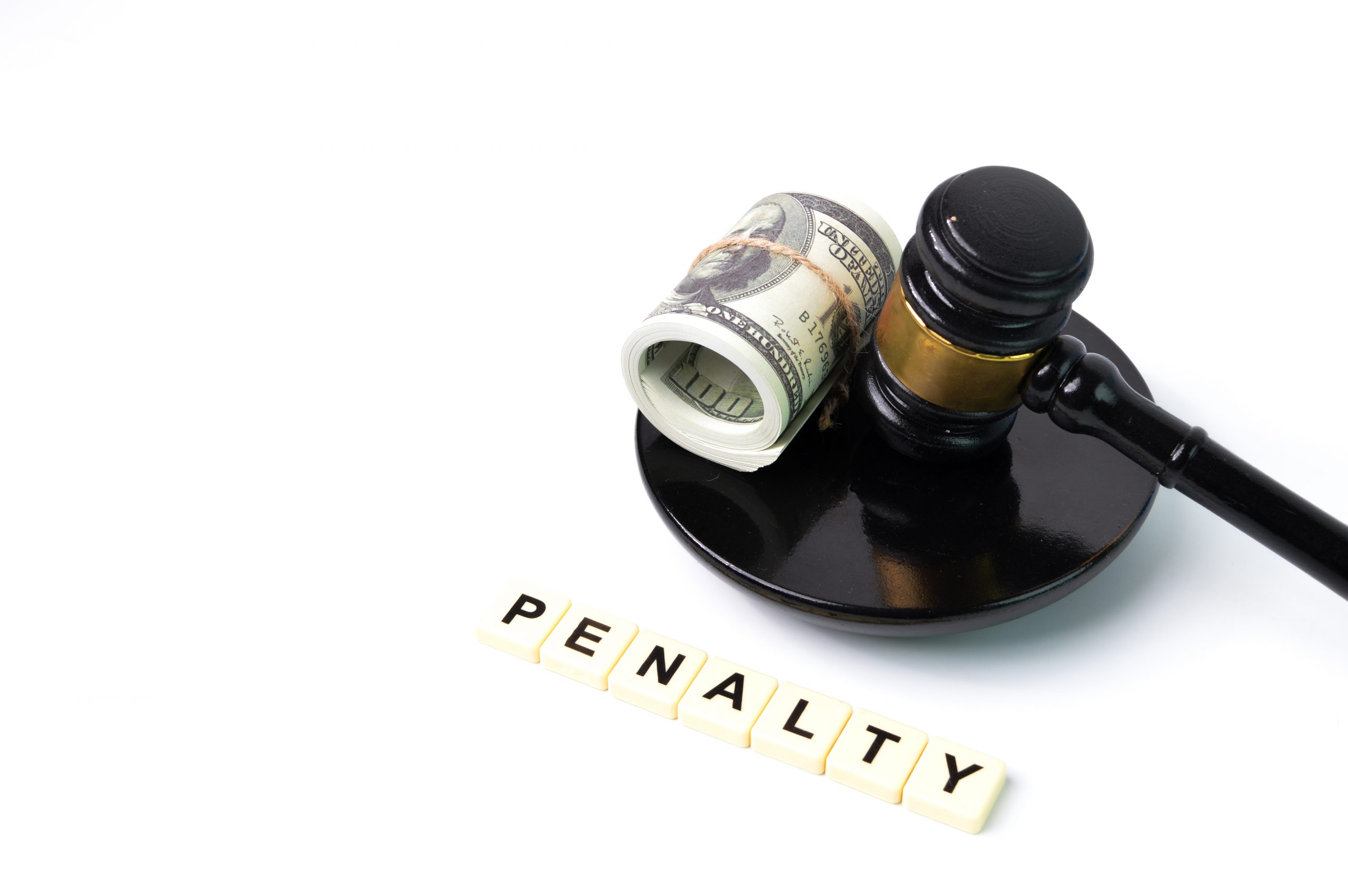Legal Requirements and Tips Small Business Owners Should Know – Guest Post

As a small business owner, there are numerous legal requirements and regulations that you must abide by to ensure the success and longevity of your business. Knowing the various laws related to running a business can be challenging, but it is essential for avoiding costly fines or penalties.
Establish and define your business
Establishing and defining your business is critical for compliance with legal requirements. When setting up your business, you must decide what entity you want to form, such as a sole proprietorship, partnership, or corporation. You will then need to register the business with the relevant state and federal agencies, obtain any necessary licenses or permits, and establish an Employer Identification Number (EIN) for tax purposes.
The prerequisites for starting a successful small business include legally establishing your firm, reaching an agreement with your business partners, obtaining operating permits, and safeguarding your brand name, catchphrase, and other assets.
Federal and state taxes
Tax compliance is an essential legal requirement for small businesses. You must familiarize yourself with federal and state tax laws to file your yearly taxes correctly. Depending on the type of business entity you have chosen, you may be required to pay income taxes, self-employment taxes, or payroll taxes on wages paid to employees. Additionally, you may be eligible for various tax deductions or credits to help reduce your overall tax burden.
Business entities
When setting up your business, you must decide which type of entity best fits your needs. The most common business entities are sole proprietorships, partnerships, and corporations. Each entity type has its advantages and disadvantages, so it is vital to research each option before deciding.
Labor laws
Small business owners must become familiar with labor rules and comply with tax laws. Legally, employers must keep their workplaces fair and secure for their staff. This entails abiding by workplace safety laws, training employees, and ensuring the minimum wage standards are satisfied. Employers must also comply with employee benefits rules, including paid time off, health insurance, and other pay.
Register your business name
Registering your business name is crucial in being legally compliant as a small business. You might be needed to register your business name with the appropriate government body, depending on the state in which you conduct business. This will ensure that no other companies use your name or infringe upon your trademarks. Registering your business name can provide you with certain legal protections if another business attempts to use your name or property.
Trademark your slogans and logos
Consider trademarking any catchphrases or emblems connected to your company and registering your business name. It would help if you considered registering a trademark to prevent rival companies from utilizing your logo or tagline to undermine your brand. The United States Patent and Trademark Office allows trademark registration. Remember that trademarks only last a certain amount of time and need to be renewed regularly to maintain their validity.
Protect your business with insurance
Insurance is an integral part of protecting your business. It can help protect you against various risks and losses, such as lawsuits, property damage, employee injuries, etc. With the right insurance coverage, you can feel secure knowing that your business is protected from financial loss due to unexpected events. When choosing insurance coverage for your business, it is essential to assess its associated risks. Different types of companies have unique needs, and you need to ensure that your insurance coverage fits those needs.
When it comes for small businesses, there are some tips you should know and tackle these steps to ensure you’re on top of your finances and prepare for your taxes.
Create a budget:
Creating a budget for your business should be the first step when considering insurance coverage. Knowing how you may come up with the money to spend on coverage will assist you in deciding the proper insurance for your needs. Once you have established your budget, use it to find an insurance policy that fits within it while still providing adequate protection. Be sure to compare different policies, coverage options, and insurer ratings. This will help you get the best value for your money, stay updated on insurance industry changes, and ensure your policy meets the latest regulations.
Open a business banking account:
A business banking account will help you keep track of all your financial transactions and invoices to ensure your payments are received on time and made accurately. This will also allow you to easily separate personal and business expenses, which can be key when ensuring that your insurance payments are accurately recorded and reported.
Employer identification number:
The last step to preparing for insurance coverage is obtaining an Employer Identification Number (EIN). This unique number, which you can get from the IRS, will identify your business and be used to process any payments related to your insurance policy. Having an EIN also makes it easier for you to apply for certain types of business insurance, such as workers’ compensation and commercial auto insurance. Ensuring that you have the right insurance coverage for your business is essential for financial security.
Decide on a vesting schedule
The final step in setting up an insurance policy for your business is deciding on a vesting schedule. This timeline outlines when employees will become eligible to receive benefits from the insurance plan. Vesting schedules usually range from one year to five years, depending on the type of policy and what’s most beneficial for your company. You should consider any applicable laws or regulations regarding employee benefits and ensure that your vesting schedule complies with those regulations. You can be sure that your business is protected from unexpected financial losses due to unforeseen events. These steps will help set you up for success and keep your business running smoothly.
Conclusion
The right insurance policy in place is essential for any business, regardless of size. By understanding the legal requirements and researching various policies and coverage options, small business owners can ensure adequate protection while staying within their budget. Additionally, by opening a business banking account and obtaining an EIN, small businesses can ensure that their insurance payments are accurately tracked and reported. Finally, a well-thought-out vesting schedule can help ensure that employees are eligible to receive benefits from the insurance policy promptly. With these steps taken, small business owners can rest assured that they have the right insurance coverage for their needs.











Recent Comments